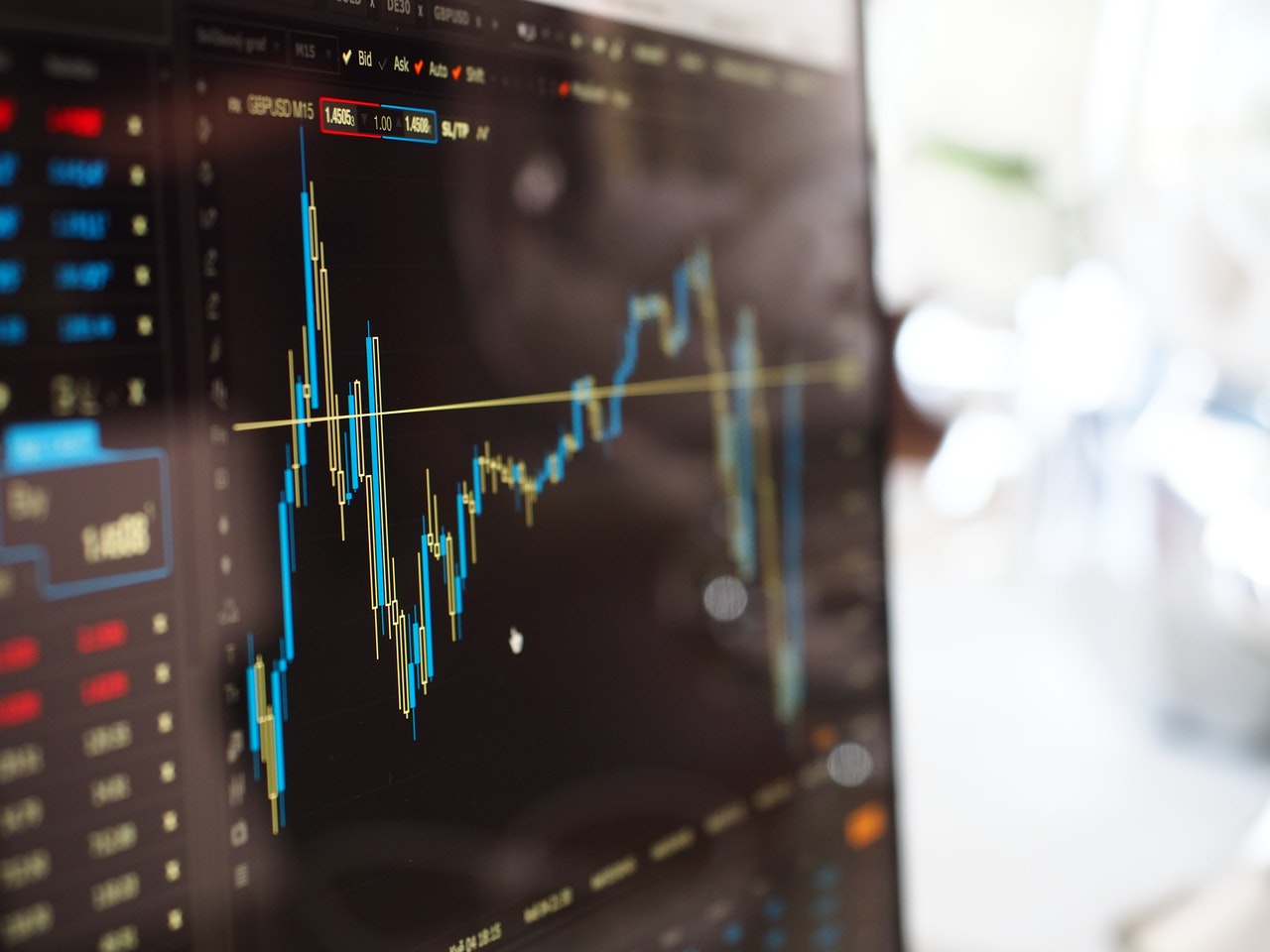Yesterday, the stock market was roiled for a while as a fake picture of an explosion near the Pentagon gained prominence on Twitter. It was initially taken seriously in part because it was picked up by a fake Bloomberg account that carried the blue “verified” checkmark. The more I think about the whole incident, the more ridiculous it becomes. First, the chances of it being a real story are slim given the intense security surrounding the Pentagon, and even if it was true, what impact does one explosion have on corporate profits? Unless it marked the beginning of World War III, in which case we’d have bigger problems than the value of our portfolios, it’d have no effect on our holdings, so what does yesterday’s rumor-prompted dislocation say about the market?
It certainly says something about the dangers of AI, and even more about the absurdity of a social media site that sells “verification” checkmarks rather than awarding them after doing their due diligence. But it should also tell you something about the nature of the stock market, or all markets for that matter. For all the talk of algorithms, high-frequency trading, and other machine-based trading, markets are ultimately still run by humans. The simple fact is that humans can be fooled, misinterpret information, and/or simply make mistakes.
For market participants, the nature of the job means that reacting illogically to news is more likely than most people realize. When someone’s entire working day is spent with at least one eye on a news feed, actively looking for something to which they should react, every unverified report becomes a thing, and demands a rapid reaction. Nor is that just true of humans. Computers are programmed to react to certain keywords or phrases, and they don’t check the veracity of a story before carrying out whatever they’re assigned to do.
That is nothing new. News, real and fake, has always moved markets and always will. Decades ago, when I was working in the interbank forex market, I remember the time when the Queen Mother was ill. She was in and out of the hospital over a period of a few months and each time she was taken in, it seemed, there was a rumor that she had died. On one of those occasions, the voice of an experienced but jaded trader rose above the shouting to ask, “What did we do the last time she died? Did we buy it or sell it?”
First, why on Earth would forex or any market at all react to the death of the Queen’s Mother? How exactly was she influencing the pound/dollar trade? What did she have to do with, say, the profitability for General Motors? And on top of that, the market wasn’t even reacting logically enough for the direction of a trade to be obvious.
You might think that over time such inefficiencies would have died away, but you would be wrong, primarily for one good reason. Overreacting to questionable news and rumors is not punished by the market. In fact, it is rewarded. If everyone reacts in the same way to a report, then making money from the resulting move is simply about reacting faster than others and taking a quick profit.
Believe me, desk and floor traders know that even the slowest of them will still be faster than the quickest trader from outside the market, so there will always be an out for them as the likes of you and I catch up and react a few seconds later. You see, it is the reaction to the news, not the news itself, that creates this opportunity.
There is a clear lesson here for individual traders and investors: Don’t try to react to these kinds of rumors or surprise stories. If you do, you are providing a profit opportunity or cheap cut for the slowest institutional trader when whatever such “news” turn out to be untrue, as the vast majority of them do. Inevitably, you will get hurt when the market regains its senses when the whole thing turns out to be a giant nothingburger, as it did yesterday. If, on the other hand, there really had been a significant attack with significant consequences, the move down would be a sustained one, with plenty of time to get involved if you so desired.
In short, let the market do its thing when what looks like sensational news hits and delay reacting at least long enough to verify the reports. It may cost you a couple of percentage points one way or the other on the rare occasion when something really does happen, but that will be more than offset by the losses you’ll avoid along the way.
The views and opinions expressed herein are the views and opinions of the author and do not necessarily reflect those of Nasdaq, Inc.
Image and article originally from www.nasdaq.com. Read the original article here.

